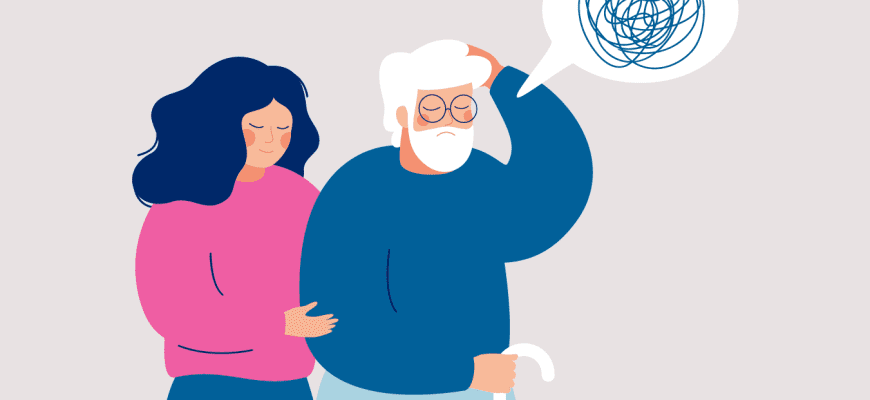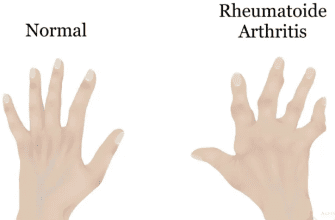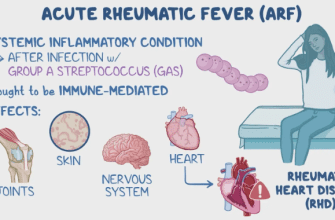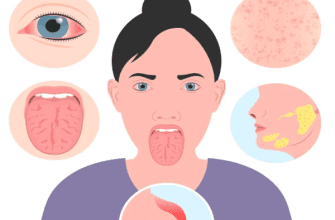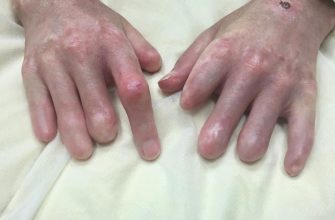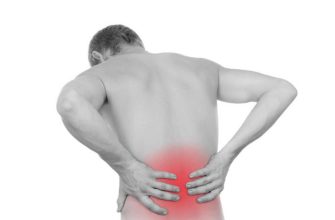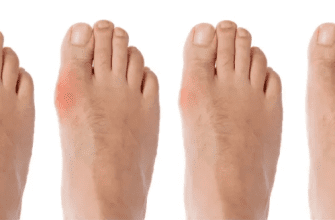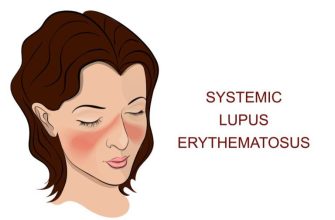What Is Dementia?
Dementia is a progressive decline in cognitive function severe enough to interfere with daily life. It is caused by brain cell damage and affects memory, thinking, behavior, and social abilities.
Key Facts (Alzheimer’s Association):
✔ Affects 6.7 million Americans (1 in 9 seniors over 65).
✔ Not a normal part of aging—it’s caused by diseases like Alzheimer’s.
✔ No cure, but early intervention can slow progression.
Types of Dementia (National Institute on Aging – NIA)
- Alzheimer’s Disease (60-80% of cases)
- Caused by amyloid plaques & tau tangles in the brain.
- Vascular Dementia (10-20%)
- Due to stroke or reduced blood flow to the brain.
- Lewy Body Dementia (5-10%)
- Linked to abnormal protein deposits (Lewy bodies).
- Frontotemporal Dementia (FTD, Rare)
- Affects personality, behavior, and language (often under 60).
- Mixed Dementia
- Combination of Alzheimer’s + vascular dementia.
Symptoms (Mayo Clinic)
✔ Memory loss (forgetting recent events, names).
✔ Confusion (getting lost in familiar places).
✔ Difficulty with language (struggling to find words).
✔ Poor judgment (financial mistakes, unsafe decisions).
✔ Mood/personality changes (apathy, aggression).
Not Just “Forgetfulness” – Dementia disrupts daily functioning.
Diagnosis (NIA & CDC)
- Cognitive Testing (e.g., Mini-Mental State Exam).
- Brain Imaging (MRI, PET scans to detect abnormalities).
- Blood Tests (rule out vitamin deficiencies, thyroid issues).
- Neurological Exam (checks reflexes, balance, sensory function).
No single test—diagnosis involves ruling out other conditions.
Treatment (FDA & Alzheimer’s Association)
- Medications
- Cholinesterase Inhibitors (donepezil, rivastigmine) – Boost memory.
- Memantine – Regulates glutamate (for moderate-severe cases).
- Non-Drug Therapies
- Cognitive stimulation (puzzles, memory exercises).
- Physical activity (improves blood flow to the brain).
- Behavioral therapy (manages agitation, depression).
- Experimental Treatments
- Aducanumab/Lecanemab (target amyloid plaques).
Prevention (CDC & NIA)
✅ Control cardiovascular risk (high BP, diabetes, cholesterol).
✅ Stay mentally active (reading, learning new skills).
✅ Exercise regularly (30+ mins/day, 5x/week).
✅ Eat a Mediterranean diet (olive oil, fish, nuts).
✅ Avoid smoking/excessive alcohol.
No guaranteed prevention, but lifestyle cuts risk by 40%.
Warning Signs: When to See a Doctor (Alzheimer’s Association)
Early Red Flags:
- Repeating questions frequently.
- Misplacing items in odd places (keys in fridge).
- Struggling with familiar tasks (recipe, driving route).
- Personality shifts (unusual irritability, withdrawal).
See a Neurologist If:
- Symptoms worsen over months.
- Family history of dementia.
- Safety concerns (leaving stove on, wandering).
